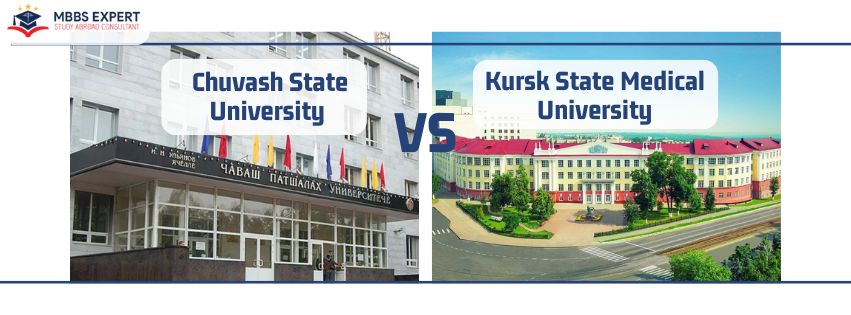Study MBBS at Ingush State University, Russia – Your Gateway to an Affordable Medical Education…
Challenges Faced by Indian Students Studying MBBS in Tajikistan
![]()
Challenges Faced by Indian Students Studying MBBS in Tajikistan
Challenges Faced by Indian Students Studying MBBS in Tajikistan
Studying Medicine abroad, particularly in countries like Tajikistan, presents both opportunities and challenges for Indian students. While Tajikistan offers affordable medical education and a chance to explore a different cultural milieu, students often encounter several challenges during their academic journey. Understanding these challenges is crucial for prospective students and their families. Here’s a detailed look at some of the key challenges faced by Indian students pursuing MBBS in Tajikistan:
- Language Barrier:
One of the initial hurdles for Indian students in Tajikistan is the language barrier. Tajik, the official language, is not widely spoken globally, making it challenging for students to communicate effectively, both inside and outside the classroom. While many universities offer courses in English, the local language proficiency remains essential for daily interactions and clinical practices.
- Cultural Adjustment:
Adapting to a new culture can be daunting. Indian students may experience cultural shock due to differences in social norms, food habits, and lifestyle. This adjustment period can affect their mental well-being and academic performance initially. Universities often provide cultural orientation programs to help students navigate these challenges, but personal resilience and open-mindedness are equally crucial.
- Academic Rigor:
Medical education in Tajikistan follows a rigorous curriculum, demanding significant commitment from students. The teaching methods and evaluation criteria may differ from those in India, requiring students to adapt quickly to new learning styles and academic expectations. Time management and effective study strategies become paramount to succeed academically.
- Limited Infrastructure:
Some universities in Tajikistan may have limited infrastructure compared to Western institutions or even Indian medical colleges. This can impact access to modern medical equipment, libraries, and research facilities. Students may need to adjust to these limitations and find alternative ways to supplement their learning through online resources or collaborative efforts with peers.
- Healthcare System Variations:
Tajikistan’s healthcare system differs significantly from India’s. Indian students studying MBBS in Tajikistan may observe varying healthcare practices, disease prevalence, and patient management approaches. Understanding these differences is crucial for their clinical training and future medical practice, especially if they plan to return to India for further specialization or practice.
- Distance from Home and Support Networks:
Being far away from family and familiar support networks can amplify feelings of homesickness and isolation among students. Celebrating festivals, managing personal emergencies, or simply seeking emotional support can be challenging when loved ones are thousands of miles away. Building a supportive network within the university community and maintaining regular communication with family can mitigate these challenges.
- Visa and Legal Formalities:
Navigating visa regulations and legal formalities in a foreign country can be overwhelming for Indian students. Ensuring timely renewals, understanding residency requirements, and complying with local laws are essential to avoid disruptions in their academic journey. Universities often provide guidance on visa processes, but students must remain proactive and informed throughout their stay.
Conclusion:
While pursuing MBBS in Tajikistan offers Indian students a cost-effective pathway to a medical career, it comes with its share of challenges. Overcoming these challenges requires resilience, adaptability, and proactive engagement with both academic studies and cultural integration. By understanding and preparing for these challenges beforehand, students can make informed decisions and maximize their learning experience abroad.
In conclusion, while the journey may be challenging, it also promises personal growth, cultural enrichment, and valuable insights into global healthcare practices—an invaluable asset for any aspiring medical professional.





